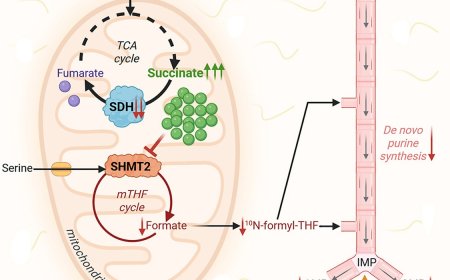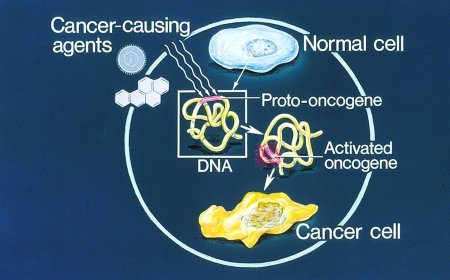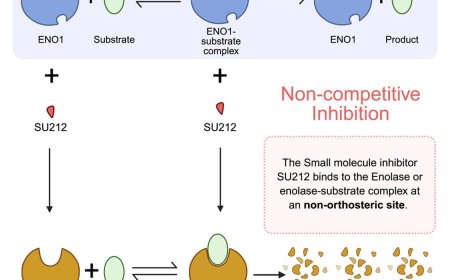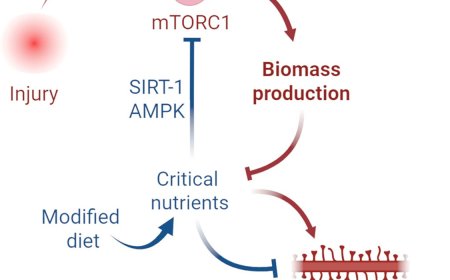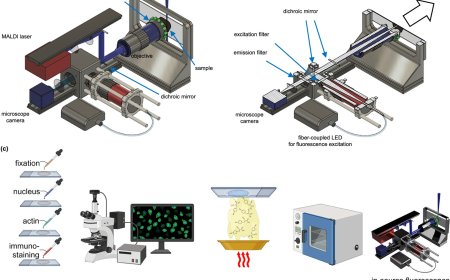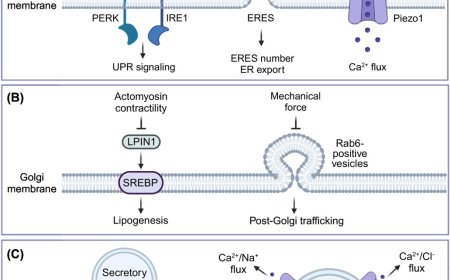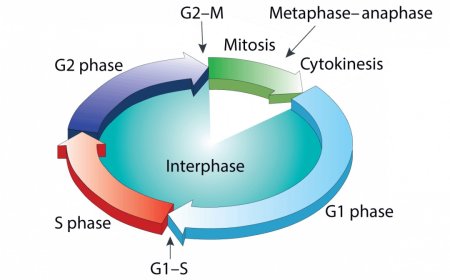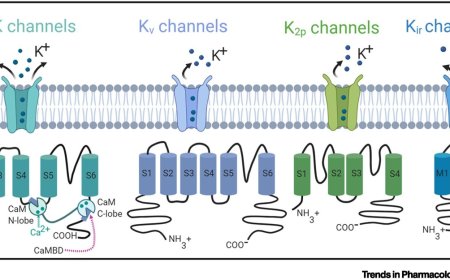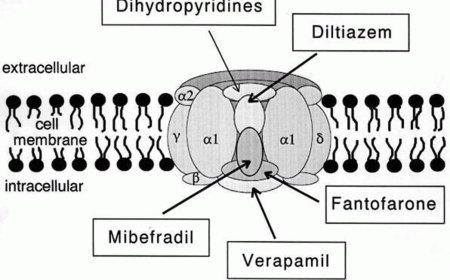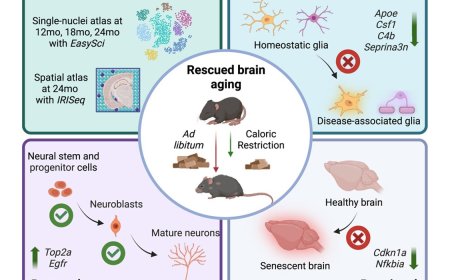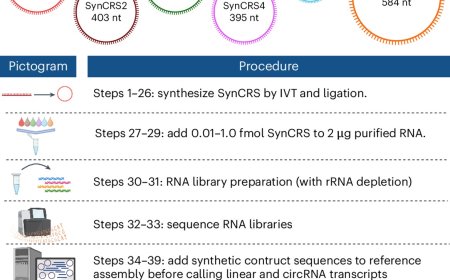How good bacteria may protect against Alzheimer’s disease
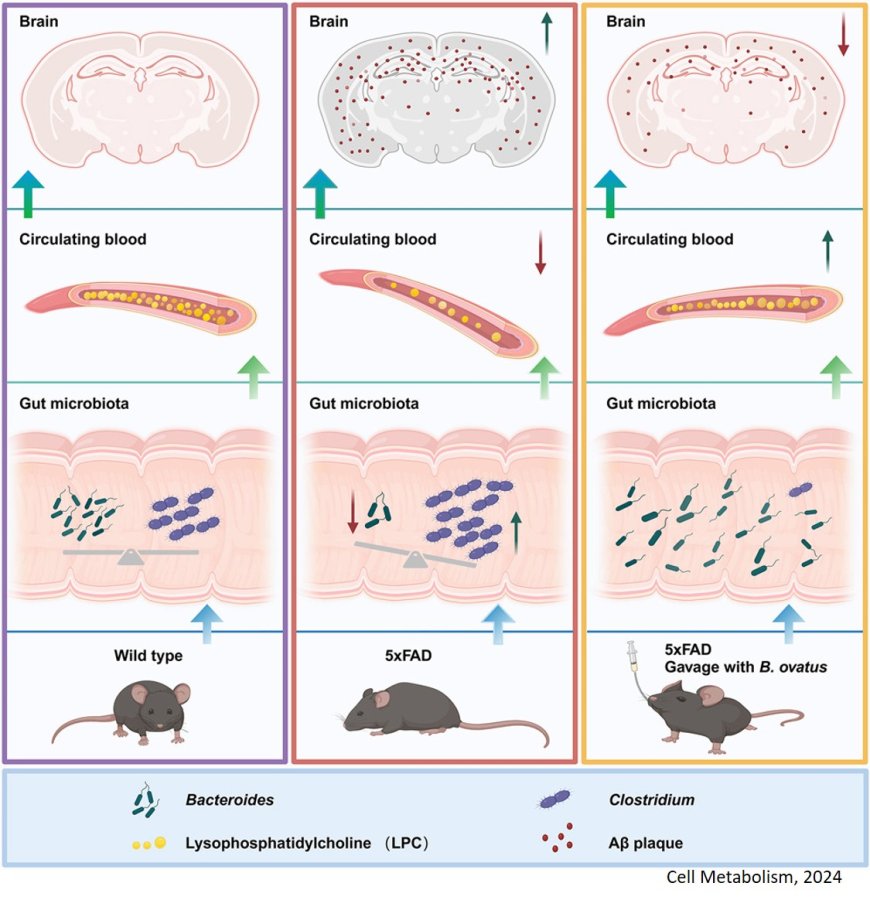
The researchers evaluated gut-microbiome-brain axis to treat Alzheimer’s disease in animal models.
They reveal that dysbiosis, resulting from the loss of beneficial microbiota species, acts as a contributing factor in the pathogenesis of an AD mouse model. The authors identify increased Clostridium abundance and decreased Bacteroides abundance as key features associated with β-amyloid (Aβ) burden.
Treatment with B.ovatus- or its metabolite lysophosphatidylcholine (LPC) ameliorates the symptoms of AD, showing potential for AD treatment. Mechanistically, LPC acts through the orphan receptor GPR119, inhibiting ACSL4 expression, thereby suppressing ferroptosis and ameliorating AD pathologies.
Evaluation of fecal and serum samples from individuals with AD also reveals diminished levels of Bacteroides and LPC indicating role of bacterial imbalance in the gut may be a contributing factor in Alzheimer’s disease.
https://www.cell.com/cell-metabolism/fulltext/S1550-4131(24)00402-9
